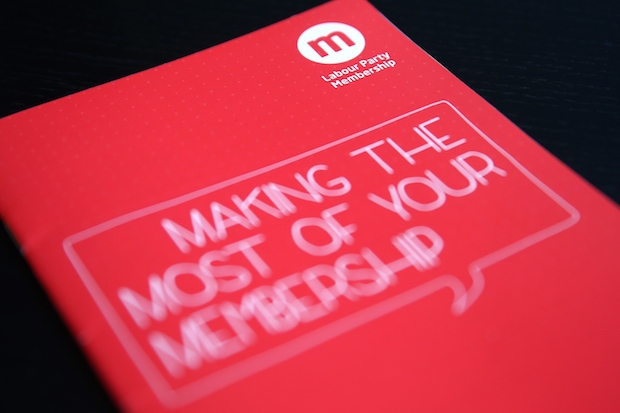Labour is holding a meeting tomorrow morning with the different leadership camps to discuss how the party is dealing with infiltrators into its membership. The campaigns are particularly keen to find out the scale of the infiltration from each side – Tory and hard left – and how local parties are dealing with it.
I understand that one camp will ask for proportions of left-wing infiltrators from parties such as the Greens, Communist and TUSC, and from the Conservative side, as this is something Labour HQ hasn’t yet supplied. Opinions vary as to whether the hard left or Tories present the bigger problem.
There will not be any demands to halt the contest, though. Those attending are more interested in being reassured about the weeding-out process, particularly as it seems to have caught up some perfectly legitimate members. They are also interested in how constituency parties which do not have MPs are managing with to vet new members.
One thing the party has said that it cannot do is publish a breakdown of how the different groups of members in this contest voted. In previous contests, it was possible to see that the membership voted for one contender, while the union bloc backed another – as happened in 2010. There are 189,703 affiliated supporters (this is the trade union bloc), 121,295 registered supporters (the type of membership that costs just £3) and 299,755 full members in the 2015 contest electorate, though these numbers will change as infiltrators are weeded out.
But the votes of those who are deemed eligible are not being collected according to the different types of voters who are registered, but are instead being put into one pot, which makes a breakdown of voting impossible. If registered supporters, for instance, overwhelmingly voted for Jeremy Corbyn, it might suggest that this reform allowing cheap registration with the party was skewing the contest, even if all those votes were deemed ‘legitimate’ and not from entryists or naughty Tories. Then again it might suggest that those people were energised by Corbyn and wanted to pay some money to be able to vote, but not the full membership fee – just in case the man they wanted to win didn’t. It is unlikely that Corbyn would win purely because of entryism: he is attracted widespread support across the party and all the other campaigns acknowledge this from their own canvassing.
What would also be interesting, for the purposes of any future reforms into the party’s leadership elections, would be to see which group of voters had the greatest proportion of applications or votes rejected because the members in question were not considered genuine supporters.







Comments